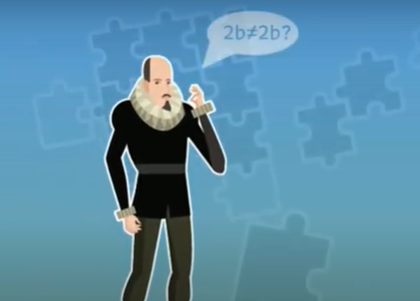indireinforma
Teaching humanities with a scientific approach: registrations for the new Scientix online course are open

Registrations are already open for the free online course of Scientix A STEM approach to non-STEM subjects, starting on 12 September on the European Schoolnet Academy’s platform.
During the activities, teachers, who are the main recipients of the initiative, will learn how to integrate mathematical thinking, logic and problem solving also in the lessons of non-scientific subjects. They will be guided to experiment with sample lessons planned and tested by other European colleagues and will be able to discover a series of resources designed to increase the soft skills necessary for younger people to tackle real-world problems.
The course is aimed in particular at nursery and primary school teachers and secondary school teachers who teach non-scientific subjects – such as literature, art, history – who are however interested in understanding how to use in the classroom non-traditional ways of thinking based on critical reflection.
The course consists of 4 modules, for a total of five and a half weeks and an estimated workload of approximately 25 hours. Each module will be open at the beginning of each week and can be followed according to personal pace. However, pay attention to some deadlines, such as those for quizzes and peer evaluation activities. The deadline for completing all activities and submitting your final paper is Wednesday 19th October.
At the end of the course, having passed all the tests, the teachers will obtain a certificate of participation.
To register, you need to create an account on European Schoolnet Academy and then proceed with the online registration on the course page.
This initiative is proposed by Scientix, the community managed by European Schoolnet that promotes and supports collaboration at European level between STEM (science, technology, engineering and mathematics) teachers, policy makers, pedagogical researchers and, in general, education professionals.


